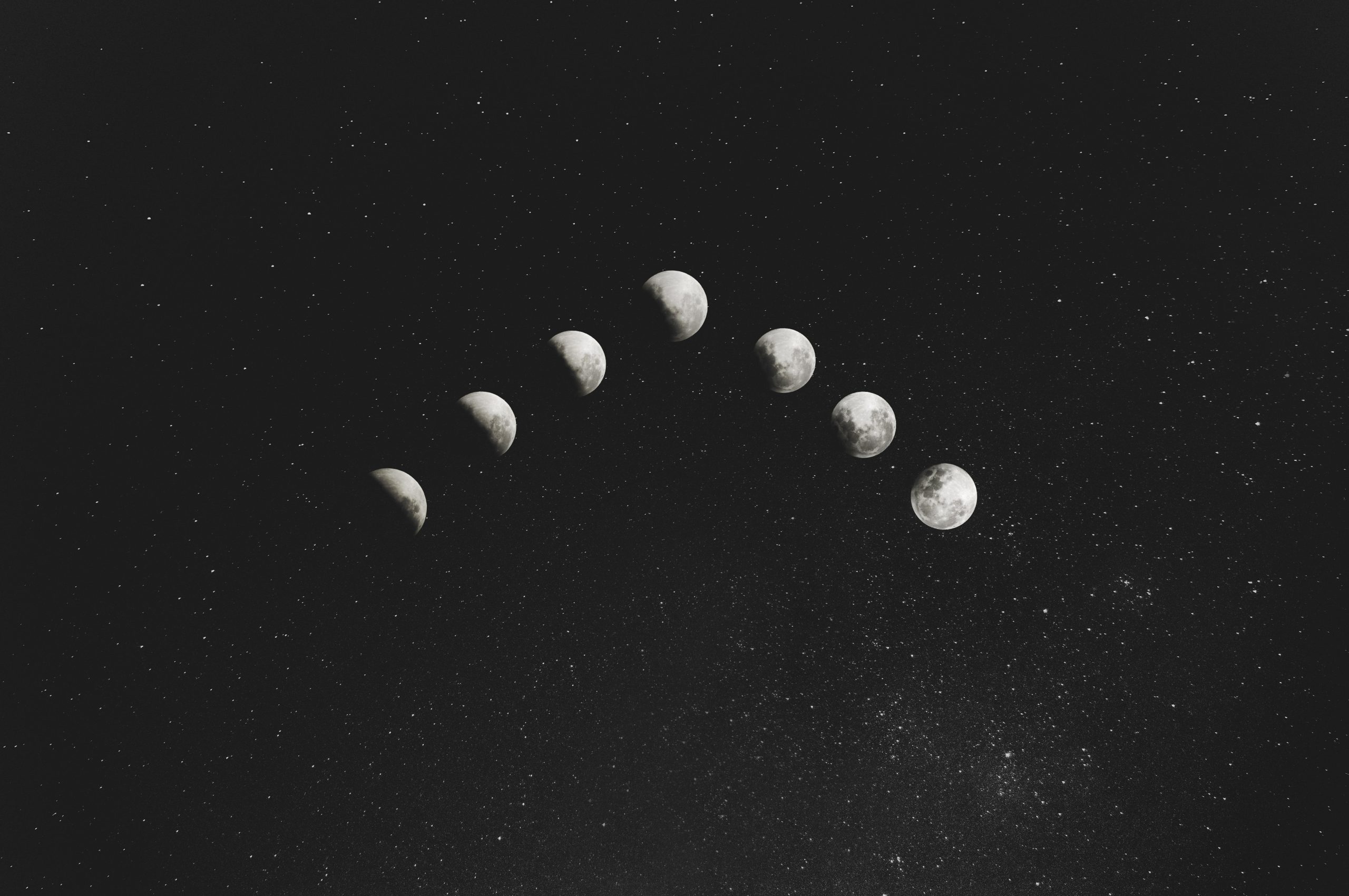Does the Full Moon Affect Mental Patients?
For centuries, the full moon has been surrounded by folklore and myth. It has been associated with mysterious happenings and strange behaviors. One prevalent belief is that the full moon can trigger mental health issues or exacerbate symptoms in individuals with mental illnesses. But is there any truth to this belief? In this article, we will explore whether the full moon truly has an impact on mental patients.
The Historical Connection between the Full Moon and Mental Health
The idea that the full moon has an influence on mental health can be traced back to ancient times. In folklore and mythology, the moon was often viewed as a symbol of madness and lunacy (the word “lunatic” itself stems from “luna,” the Latin word for moon). The association between the full moon and mental instability persisted throughout history.
Even in modern times, some people firmly believe that the full moon affects mental health. The notion has been popularized in literature, movies, and various cultural references. However, it is essential to distinguish between anecdotal accounts and scientific evidence when examining the validity of such claims.
The Research: Examining the Full Moon Effect
Over the years, numerous studies have been conducted to investigate the alleged link between the full moon and mental health. These studies have explored a wide range of mental conditions, including schizophrenia, bipolar disorder, depression, and general psychiatric disturbances.
One study published in 1984 analyzed records of admissions to a psychiatric hospital over the course of one year encompassing 48 full moons. The researchers found no evidence of an increased number of admissions during the full moon period compared to other phases of the lunar cycle.
A more recent study conducted in 2019 utilized modern scientific methods, including data from psychiatric emergency department visits. The findings were consistent with previous research, concluding that there was no significant association between the full moon and psychiatric hospital admissions.
These studies and many others with similar conclusions suggest that the full moon does not have a direct impact on mental health or psychiatric symptoms. While individual experiences may differ, the overall data does not support the widespread belief in the full moon effect.
Possible Explanations for the Belief
Given the substantial body of scientific research dispelling the full moon effect on mental health, it is intriguing to explore the origins of this belief.
1. Confirmation Bias: Confirmation bias is a cognitive bias in which individuals tend to interpret information in a way that confirms their preexisting beliefs. It is possible that people who believe in the full moon effect selectively notice and remember instances that seem to support their belief while disregarding contradictory evidence.
2. Illusion of Causality: The human brain tends to seek patterns and create connections, even when there is no direct causation. The idea that the full moon affects mental health may be a result of the brain’s inclination to find causal relationships where none exists.
3. Cultural Influences: The full moon has long been associated with supernatural events and strange happenings in various cultures. These cultural beliefs and traditions can shape individuals’ perceptions and reinforce the notion that the full moon affects mental health.
The Role of Placebo Effect
Another factor to consider when examining the full moon effect on mental patients is the placebo effect. The placebo effect refers to the psychological response individuals experience when they believe they are receiving treatment, even if the treatment is inert or has no direct therapeutic value.
If mental patients, or those around them, strongly believe that the full moon affects their symptoms, they may inadvertently attribute changes in behavior or mood to the lunar cycle. This placebo effect can create a subjective experience of the full moon effect, even though no direct physiological impact exists.
Conclusion: Separating Myth from Reality
While the belief in the full moon effect on mental patients persists, scientific evidence consistently contradicts this notion. Numerous well-designed studies have found no significant association between the full moon and mental health symptoms or hospital admissions.
The belief in the full moon effect likely arises from historical myths, confirmation bias, and the human brain’s tendency to seek patterns. Additionally, the placebo effect may contribute to subjective experiences that reinforce this belief.
As our understanding of mental health continues to improve, it is crucial to rely on scientific evidence and critical thinking rather than perpetuating unfounded beliefs. The full moon may be a captivating celestial phenomenon, but when it comes to its influence on mental patients, the evidence suggests that it remains nothing more than a myth.
Table of Contents
